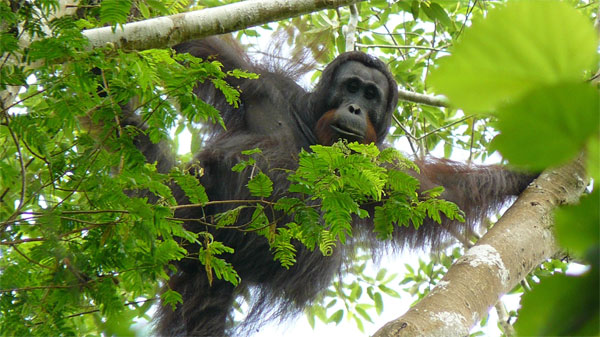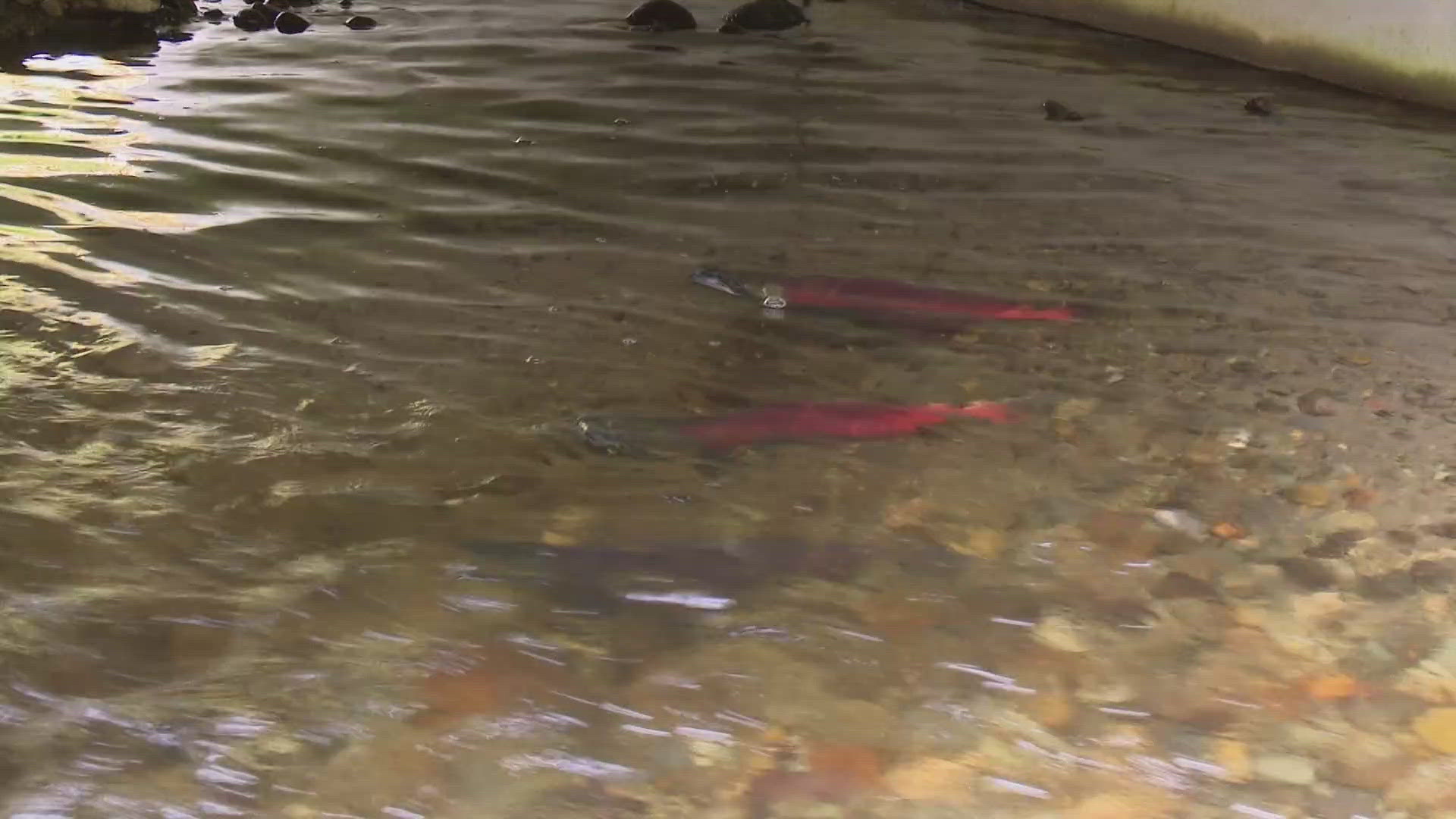Love orangutans? Then today -- World Orangutan Day, Aug. 19 -- is a day for you to celebrate.
Orangutans are the only great ape in Asia and among the rarest primate on Earth. Once spread throughout the forests of Southeast Asia, they are now found only on the island of Sumatra and Indonesian Borneo, and few places in Malaysia.
Orangutans are in trouble because of habitat loss. They live in and need trees, but their natural forests are being converted to palm oil plantations and coal mines at an unsustainable rate. If deforestation continues at its current pace, orangutans will go extinct. This habitat loss, coupled with increased human conflict and poaching, is a twice deadly combination. Conflict and poaching are logical consequences of habitat conversion. When conflicts occur, the orangutan is the loser.
The orangutan is a symbol of conservation and what will be lost if we do not reform the way we manage natural resources. But it is also a symbol of hope, a symbol of what can be accomplished when partners work together for conservation. The Nature Conservancy has been working in East Kalimantan since 2001 to protect the habitat of this great ape by working with local communities to sustainably log Indonesian forests. These sustainable logging operations protect the forests that shelter orangutans, provide a living for the local populations and allow carbon dioxide to continue to be absorbed and stored.
With all that we know about the plight of orangutans, I was recently shocked to learn that government planning for how lands can be used in East Kalimantan - a process that helps inform decisions for issuing permits for mining, plantation and forestry -- were not considering orangutan habitat as key indicators for conservation areas. This could be a death sentence for the species.
We're working with the government and partners to address this oversight. To raise awareness of this issue and to pave the way for better orangutan conservation, we recently published a book: The Last Tree for Orangutans: Reflection to the Dialectic of Conservation and Development. This book breaks down the common conception that we need to choose either orangutan conservation or human welfare. In fact, if we focus on the forest ecosystem as a whole, we will find solutions that benefit us all.
This World Orangutan Day, we recognize the importance of this great ape as a symbol of the threats to our natural world, please join us in finding solutions that benefit us all.
The next time you buy a forest product, consider the environmental and social impact your choice has on people and forests -- either in your community, across the country or on the other side of the world.
Niel Makinuddin is Senior Manager for governance and partnership, East Kalimantan program at The Nature Conservancy This column originally published in Huff Post.


